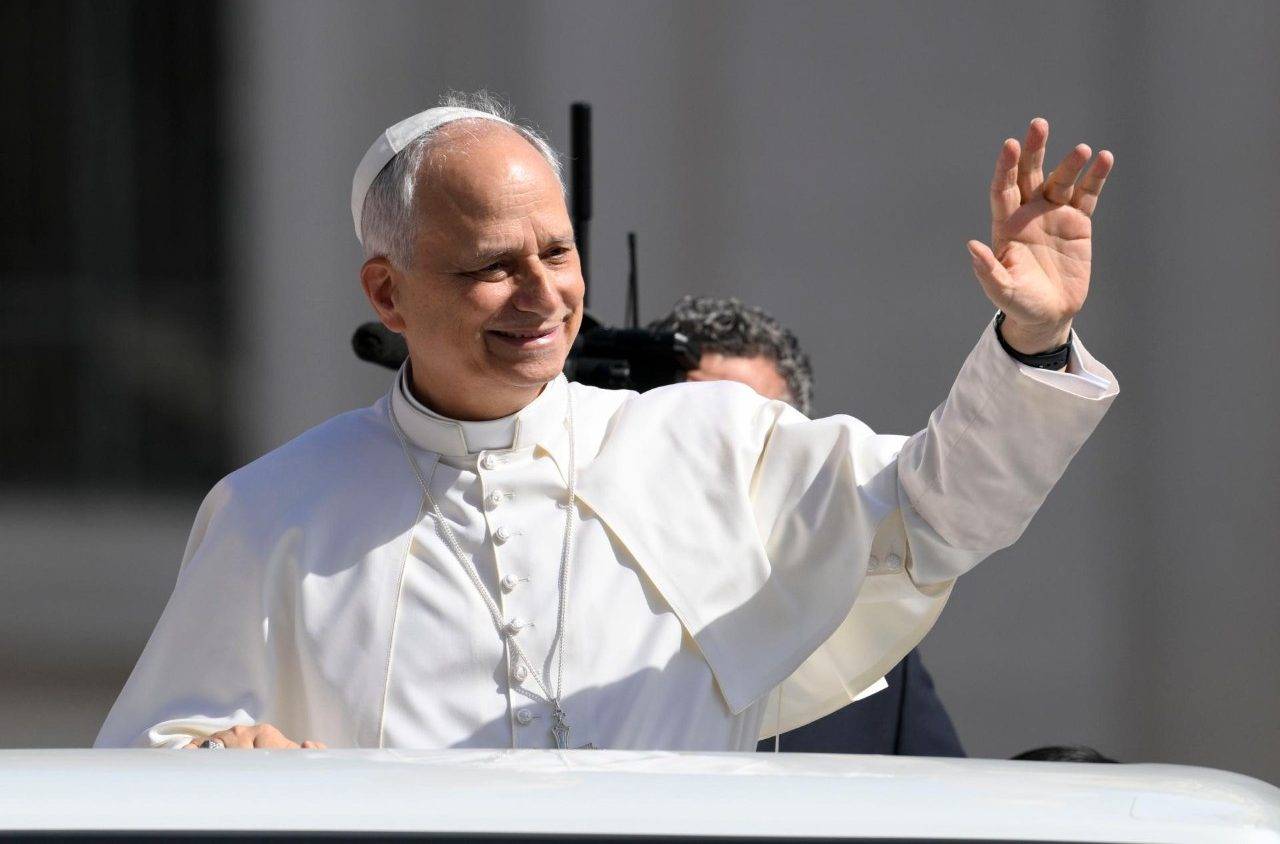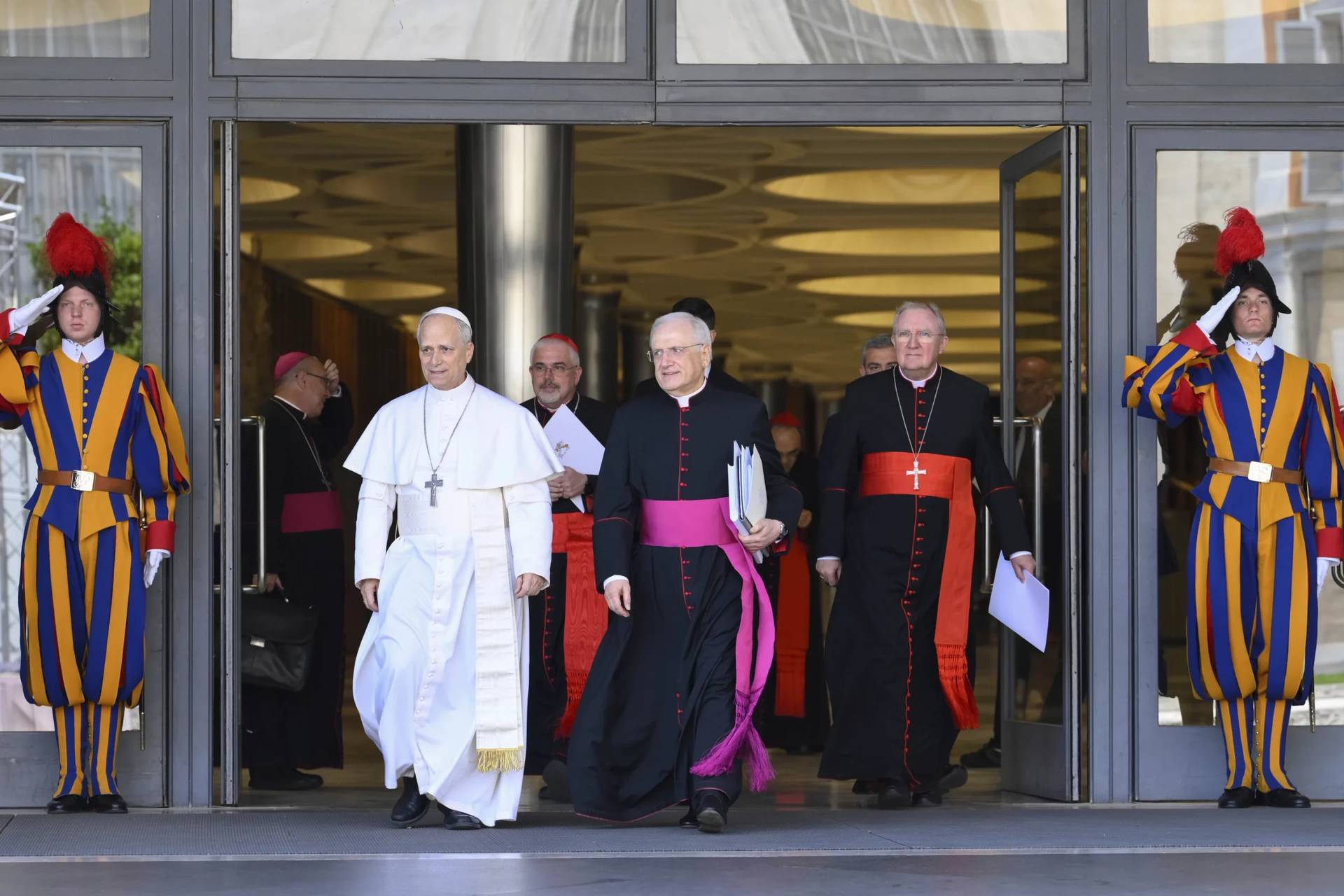Although logically we all know the end has to come for everyone, there are certain personalities so indomitable, so larger than life, that in practical terms we come to regard them as virtually immortal.
Back in the late 1990s and 2000s, I always said that when Pope John Paul II finally died, those most stunned would be in the Vatican press corps, since we’d lived through so many health scares – we’d watched him fall and get back up so many times, with his iron determination to persevere – that it was psychologically difficult for many of us to accept that such a giant actually had an expiration date.
Another such figure on the Roman scene for the last several decades was Father Gabriele Amorth, the famed exorcist of Rome, who finally succumbed to complications related to a lung infection on Friday at the age of 91.
For those of us who knew and followed “Don Gabriele,” it’s hard to imagine Rome without him.
In media accounts Amorth was often referred to as “the pope’s exorcist,” but that was never really true. In 1985, Cardinal Ugo Poletti, at the time John Paul’s vicar for the Diocese of Rome, appointed him exorcist of the diocese, but that doesn’t mean he acted with a papal mandate. His was a following linked almost entirely to personality and reputation, not the office.
Over the course of his long career, Amorth estimated he performed more than 70,000 exorcisms, with individual cases sometime stretching over hours or even days, and he often performed repeated exorcisms on the same person if his judgment was that the devil stubbornly refused to let go.
I remember the first time in 2000 I trekked out to his small office in the headquarters of his Pauline order, located near the Basilica of St. Paul Outside the Walls. I arrived punctually for a 9 a.m. appointment, and waited in an antechamber for an hour and a half while listening to shrieks, cries and crashes coming from inside what one might call his “treatment room.”
Finally he emerged, looked at me, and said, “è un caso durissimo … ma va be, andiamo avanti!” (“It’s a very tough case, but alright, we’ll keep going!”) It turned out he wasn’t finished, merely taking a break to squeeze me in.
He then proceeded to give me a riveting interview, among other things telling me that if the vast majority of Catholic bishops in the world came to him for confession he’d refuse them absolution, because he believed they had not been faithful to Jesus’s mandate to cast out demons. We talked for about a half-hour, and then he excused himself to get back to business.
Amorth’s 1994 memoirs, published in English under the title An Exorcist Tells His Story, became an instant classic, full of demonic possession stories that easily exceed anything from the movie The Exorcist. (Amorth sniffed at the movie when I asked him about it, telling me he thought it significantly downplayed the actual experience.)
Amorth was the founder and honorary president for life of the International Association of Exorcists, and over his career helped fuel a revival in the practice of exorcism in the Church. Since 2005, for instance, there’s been a training course in Rome for new exorcists run by a local university with the support of several Vatican officials.
Aside from his obvious witness to the undying fascination with the occult, demonic possession, and spiritual combat, there are at least a couple of other lessons one can glean from the life and times of Don Gabriele.
First, from the outside the Catholic Church can sometimes look like a rigid system of command-and-control, one in which there are severe penalties for coloring outside the lines, and operatives live in continual fear of saying or doing the wrong thing.
Here’s the great secret: That’s only true if you allow it to be.
Amorth became one of the most famous and influential clerics of his time, in part because he utterly refused to play the clerical game. He spoke his mind, everywhere and always, and while that occasionally landed him in hot water, it also earned him a passionately devoted following that afforded him strong insulation against any blowback from officialdom.
When the Vatican issued a revised version of the ritual for exorcism in 1999, Amorth loudly objected that its rules prevented exorcisms to counteract “evil spells,” such as curses or the evil eye, which he said account for 90 percent of the cases an exorcist faces. The rules also stipulated that exorcisms should only be conducted when there is “certainty” of demonic possession — when in fact, Amorth insisted, you can only acquire that certainty by performing an exorcism.
In an interview with 30 Giorni magazine, Amorth bitterly complained that he had run into a “wall of refusal and disrespect” when he attempted to change the minds of Vatican officials, and said it was clear to him that the so-called experts who prepared the new ritual “don’t have the least idea of what an exorcism really is.”
Such commentary may have made a few higher-ups wince, but it also gave Amorth enormous street cred. He watched whole generations of Vatican officials and Italian bishops come and go, and if he walked into any Roman restaurant, he would be more popular, better known, and more carefully heard than virtually any of them.
Second, Amorth’s success demonstrates that popular religiosity is alive and well, thank you very much, even in a highly skeptical and secular age.
Amorth had seemingly bottomless reserves of energy, but even if he had wanted to hang up his holy water at one point or another, or perhaps just take an extended break, it’s unlikely his following would have allowed him to do so.
People streamed to Don Gabriele, seven days a week, 365 days a year, at all hours of the day and night, and, so far as I’m aware, he never turned anyone away.
In the immediate period following the Second Vatican Council (1962-65), there was a tendency in official Catholic circles to play down the practice of exorcism, seeing it as archaic and superannuated. What officials came to realize, albeit painfully slowly, was that their ambivalence didn’t make demand go away, it simply drove it into underground and unofficial venues in which there was precious little oversight or quality control.
Amorth’s celebrity, in tandem with that of other famous practitioners of spiritual warfare such as Zambian Archbishop Emmanuel Milingo, effectively compelled officialdom to acknowledge that popular hunger for spiritual healing wasn’t about to disappear, and they needed to respond to it in a more mature and stable fashion.
In other words, the people forced the Church’s hand. That illustrates a key insight about Catholicism, which is that the powers of a pope or a bishop may be vast, but they’re not unlimited – there are times when popular will just can’t be ignored.
At this point, the customary thing to say would be, “Rest in Peace, Don Gabriele.” For one of the most restless Catholic personalities of the last century, however, that somehow feels slightly off-key. Instead, perhaps we’ll just leave it at this: Don Gabriele, you’ll be missed.














